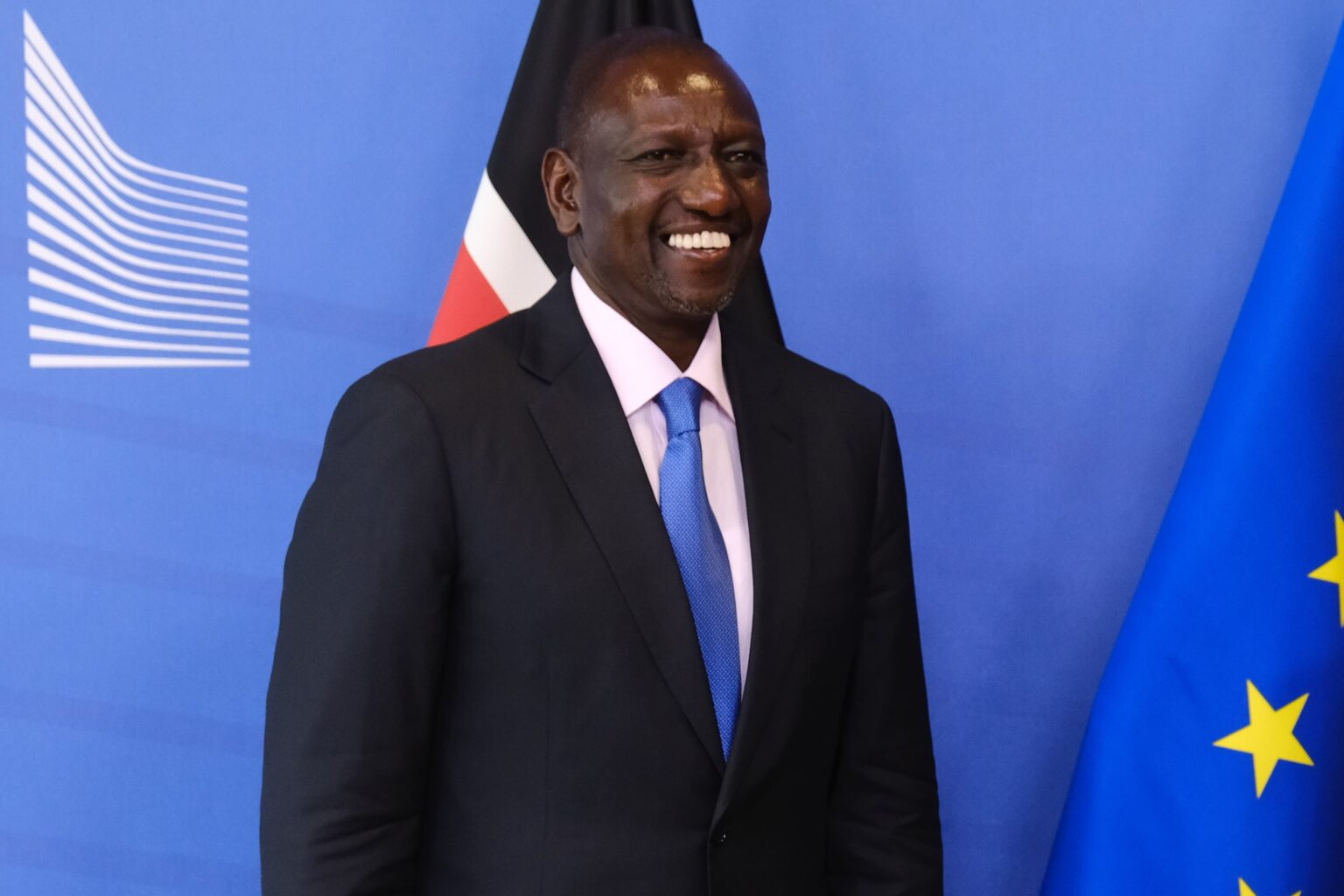President William Ruto, elected in 2022 with the promise to uplift Kenya’s working class, is now facing intense backlash from the very public that once propelled him to power. Campaigning as the representative of the so-called “hustler nation,” Ruto pledged to reshape Kenya’s economy in favor of ordinary citizens, distancing himself from the wealthy elite. However, many Kenyans now feel betrayed. Instead of easing their burdens, his administration has imposed sweeping tax increases, defended as necessary for fiscal reform, but widely perceived as punitive amid surging living costs.
Public frustration deepened when Ruto’s government introduced a Finance Bill that many say would squeeze Kenya’s lower-income population even further. Though the president eventually backed down and withdrew the proposal in response to widespread outcry, the damage had already been done. For many, the reversal came too late to restore confidence. The perception that Ruto had abandoned his base hardened as everyday Kenyans continued to struggle with fuel prices, job scarcity, and inflation.
Compounding this shift in public opinion are allegations that Ruto’s administration has drifted into the same patterns of political favoritism and economic elitism he once condemned. The failed 2 billion US-Dollar airport deal involving India’s Adani Group, which critics claim lacked transparency, has further soured the public mood. Once seen as a populist reformer, Ruto is now frequently derided as out of touch with the common citizen, accused of enriching allies while demanding austerity from the masses.
Anger on the Streets and Violent Repression
The growing anger on the streets exploded into mass protests that swept across Nairobi and other major cities in June 2025. What began as peaceful demonstrations against economic hardship soon escalated into a broader revolt against the administration’s perceived authoritarianism and broken promises. Protesters gathered in unprecedented numbers, calling not just for the scrapping of tax policies, but for Ruto’s resignation.
A major flashpoint came with the death of Albert Ojwang, a popular blogger and government critic, who died in police custody. The event galvanized public anger, fueling outrage over police brutality and the erosion of civil rights. Demonstrations intensified around the anniversary of his death on June 25, a day that ended in deadly violence. Kenyan security forces used tear gas, rubber bullets, and, in some cases, live ammunition to disperse crowds. Human rights groups have since reported multiple fatalities, as well as detentions and media blackouts during the unrest.
The symbolism of the protests was impossible to ignore. Demonstrators stormed the parliament building, attempting to set it ablaze, a stunning parallel to earlier events in 2024, when similar demonstrations ended with the deaths of at least 22 people. The sight of thousands of mostly young Kenyans demanding systemic change has rattled the political establishment and signaled a deeper crisis of legitimacy.
While the government has denounced the violence and vowed to restore order, critics argue that the administration has refused to listen. Attempts to criminalize protests and silence dissenting voices are being viewed as signs of increasing authoritarian drift.
A Presidency at War With Its Own Base
The political consequences of this wave of unrest are still unfolding, but the impact on Ruto’s presidency is unmistakable. The president’s inner circle is increasingly isolated, with former allies and senior officials questioning the direction of the government. The recent sidelining of Deputy President Rigathi Gachagua has deepened internal rifts, while Ruto’s open conflict with former president Uhuru Kenyatta has further strained Kenya’s political balance.
Ruto’s rhetoric has grown more combative. He has accused opposition forces and unnamed foreign actors of stirring chaos, claiming that the unrest is an existential threat to national unity. In a speech that drew wide criticism, he declared, “If there is no Kenya for William Ruto, there is no Kenya for you.” The comment, interpreted by many as an attempt to tie his personal fate to that of the entire country, has only fueled calls for his resignation.
Despite the rising tension and calls for early elections, Ruto has given no indication he will step down. His government maintains that economic reforms are essential and that the sacrifices being demanded of the public will eventually yield long-term stability. But with trust at an all-time low and protesters pledging to return to the streets, the standoff between Kenya’s government and its people shows no signs of easing.


